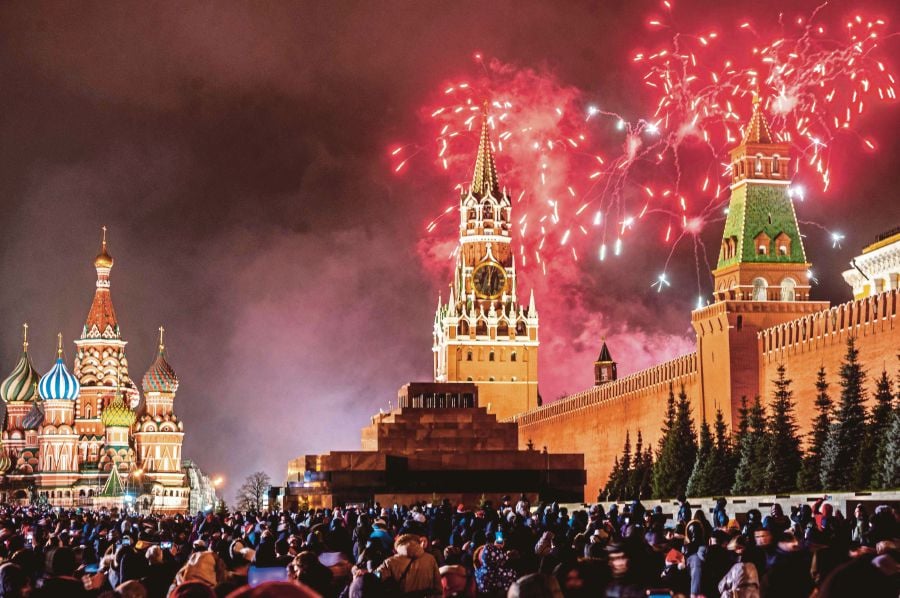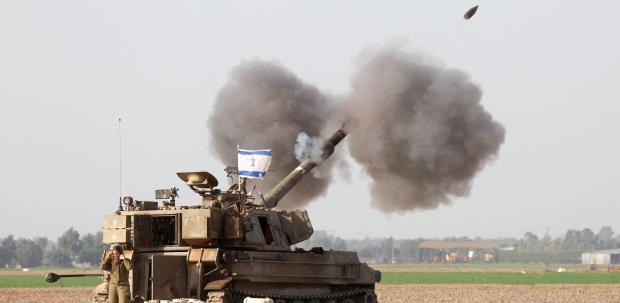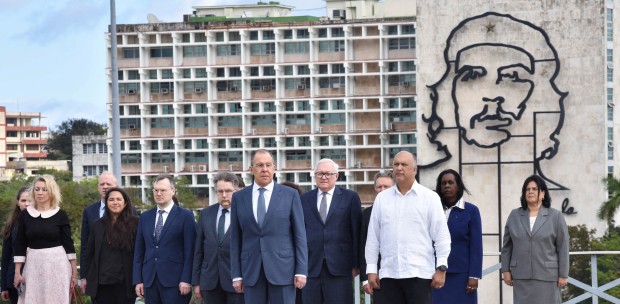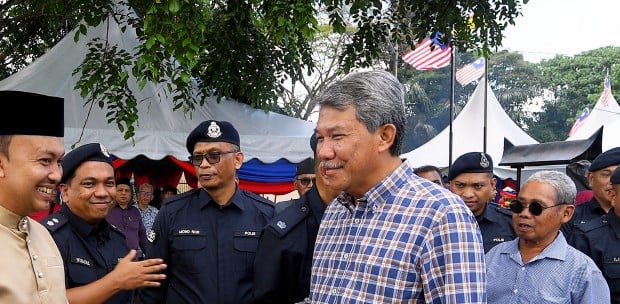Alternatives are important in the contemporary world of rising international complexity. However, in recent years, Southeast Asian politics has been too much focused on two elephants trampling down more grass around them while Asean member states were trying to avoid collateral damage as much as they could.
Russian Foreign Minister Sergei Lavrov's tour to the region presented a refreshing opportunity to go beyond the mainstream thinking in the binary logic of the United States-China contradictions and their implications for Southeast Asia.
This time, Lavrov visited Indonesia and Laos. His previously scheduled trip to Brunei did not take place due to the enhanced quarantine restrictions in the country currently chairing Asean. In Jakarta, he met his Indonesian counterpart, Retno Marsudi, and the Asean Secretary-General, Datuk Lim Jock Hooi.
In Laos, Lavrov carried out talks with President Thongloun Sisoulitth and Foreign Minister Saleumxay Kommasith. Both are graduates of Russian leading universities — Herzen University of Russian language in Saint Petersburg and Moscow State Institute of International Relations (MGIMO).
A part of Lavrov's busy schedule was participation in a Special Asean-Russia Foreign Ministers' Meeting on the occasion of the 30th anniversary of Asean-Russia relations held via videoconference on July 6.
Russia and Asean have gone through a long way during these three decades and experienced ups and downs in their relations. On the one hand, Russia's full integration into regional institutional network centred on Asean is a true success story. It could not have been possible without strong support of key Southeast Asian states, Malaysia being one of them.
It is thanks to Malaysia's support that Russia now enjoys its full membership in the East Asian Summit, one of the most representative and inclusive platforms for interaction between Asean and its pivotal dialogue partners.
On the other hand, the trade and investment cooperation so much valued by Asean aspiring for a better status in the world economy have so far not met the expectations of both parties. Tourist flows previously driving people-to-people connections between Russia and the region have yet to recover.
The current moment, however challenging it might seem due to the pandemic, paradoxically brings new hope for this already mature partnership, which — since 2018 Asean-Russia Summit in Singapore — both parties consider to be strategic.
First, it brings a friendly reminder to Asean member states that Russia is an indispensable regional player with the military and technological ability to support the regional balance of power favourable to Asean centrality and Russia's role must not be obscured by the debates over international dynamics shifting to the Indo-Pacific.
Russia is an important counterpart for the region in terms of military-technological cooperation, disaster management, humanitarian assistance and capacity building in many areas, including struggle against infectious diseases or mine clearance. And even more is to come with the Asean-Russia joint naval drills, dialogue on ICT security-related issues and counterterrorism.
The process of establishing more diversified economic relations between Asean and Eurasian Economic Union (EEU), a regional integration block of Russia, Kazakhstan, Armenia, Belarus and Kyrgyzstan, is somewhat slow but steady. A free trade agreement between the EEU and Vietnam has been in action since 2016, followed by Singapore (FTA signed in 2019 but yet to begin).
Thailand, Cambodia, Brunei and Indonesia have already expressed interest in moving towards free trade with the EEU. Cooperation in the production of vaccines is a new and prospective area, which brings Asean and Russia closer together.
Several Asean member states are already familiar with Russian Sputnik V (the Philippines, Myanmar, Vietnam, Indonesia) while Laos will be soon getting it as a part of humanitarian assistance.
Taken all together, these avenues of cooperation can help Asean and Russia regard their strategic partnership as a constructive alternative to many international disruptions. Asean and Russia just need to think out of the box and have enough will to fully utilise this alternative.
The writer is Acting Director Asean Centre, MGIMO University





